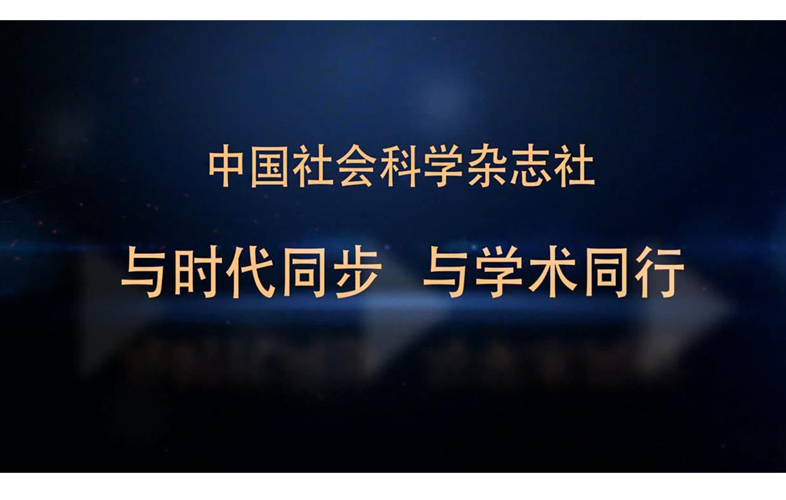The Sinicization of Hermeneutics: A Universal Conception of Classical Hermeneutics
2021年09月29日 10:42 来源:Social Sciences in China Press 作者:Hong Handing
Hong Handing
Institute of Philosophy, Beijing Academy of Social Sciences
Abstract
We need to start from the approach to classical annotation of jingxue (Confucian classical studies), with its long history and experience, and to make use of the fine resources of contemporary Western hermeneutics, so as to build a universal classical hermeneutics that will bridge Chinese and foreign thought in the past and the present. This is a necessary path to opening up and innovating China’s fine traditional culture. To carry out this important academic project of universal classical hermeneutics, it is necessary to gain an in-depth understanding of the developmental history of Western hermeneutics and contemporary philosophical hermeneutics, and especially to fully grasp Gadamer ’s hermeneutical thought and theories and their contemporary development. In addition, it is necessary to comprehensively organize the vast experience and long history of jingxue and its branches, such as exegesis, textual studies, philology, bibliography and hermeneutics, and to take the modernization of jingxue as a starting point for establishing a type of universal classical hermeneutics that is different from traditional Chinese jingxue but also superior to Western hermeneutics. Only in this way can we base ourselves on China, learn from foreign countries, excavate history and grasp the contemporary, so as to fully reflect the “Chinese style and manner” and characteristics in disciplinary, academic and discourse systems.
Keywords: Confucian classical studies, hermeneutics, classical annotation, classical hermeneutics, universal classical hermeneutics

重点推荐
- 1 促进两类研究融合发展
- 2 持续提升人文学科价值
- 3 以一体化和高质量服务新发展格局
- 4 法律的拟制性
- 5 以活化乡村记忆助力乡村振兴
最新文章
- 1 Social Sciences in China(No.3,2021)
- 2 The Theory and Practice of Completing...
- 3 The Sinicization of Hermeneutics: A U...
- 4 The Organizational Working Conditions...
- 5 Changes in Disease Patterns in Rural ...
- 6 Reconstructing the Principle of Nullu...
- 7 China’s Inclusive Public Finance Sys...
- 8 TRANSFORMATION AND INNO VATION OF T...
- 9 Changes in the Economic Structure and...
- 10 China and the Reform of International...
图 片
视 频


